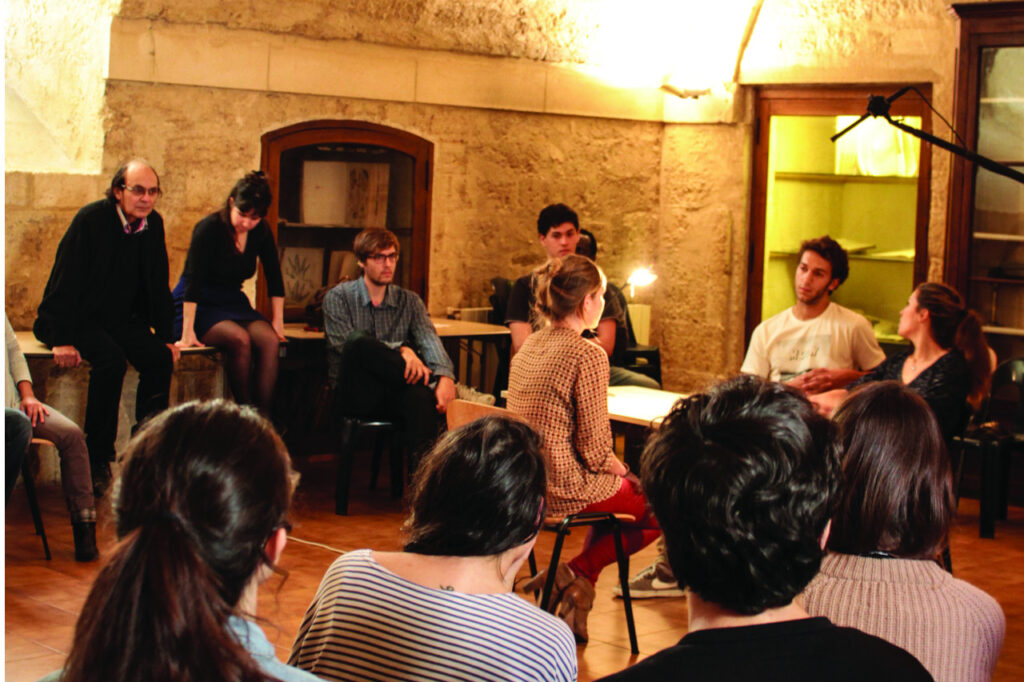[LUM#1] The pain of saying it
How do you tell a patient they have a serious illness? To help future doctors find the right words, the Faculty of Medicine in Montpellier has turned to theater.

"You have cancer." The words are harsh. They sound like a verdict... Every doctor has experienced this at some point: it's not easy to break bad news to a patient. "When it comes to human relations and communication, there is a real lack of training for doctors, "laments Marc Ychou. However, these pitfalls could be avoided "by not just providing future doctors with knowledge and expertise, but also by cultivating their interpersonal skills,"continues the oncologist. He has found an original approach: he has chosen to use theater.
Human dimension
For the third consecutive year, fourth-year medical students are participating in workshops organized with the National School of Dramatic Arts. The principle behind these very serious games is to put them in the role of doctors, facing professional actors who play the role of patients, under the watchful eye of Marc Ychou and director Serge Ouaknine."Students have a strong desire to tell the medical truth. We need to bring them back to the human dimension," explains the theater director. We also need to teach them to simplify their language, avoiding medical jargon that is sometimes incomprehensible to patients. "Theatrical methods help doctors develop empathy without focusing on delivering the diagnosis, " emphasizes Serge Ouaknine. Are future doctors lacking empathy? "On the contrary," protests Marc Ychou. "They feel a great deal of empathy for the patient. They just have trouble managing it."
Finding the right words
Faced with professional actors who are thrillingly realistic, the students quickly find themselves confronted with difficult situations. How do you break the news to the parents of 9-year-old Camille that their daughter has leukemia? This is where the advice of the oncologist and the director really comes into its own. "It teaches us the importance of relationships and dialogue. We try to choose the right words, the right intonations, the right gestures. It's very enriching," says Jean-Baptiste, delighted with the experience. This enthusiasm is shared by the vast majority of future doctors. "When we're faced with these situations in real life, we won't put our foot in it or get everything wrong," concludes Bastien.
Find UM podcasts now available on your favorite platform (Spotify, Deezer, Apple Podcasts, Amazon Music, etc.).